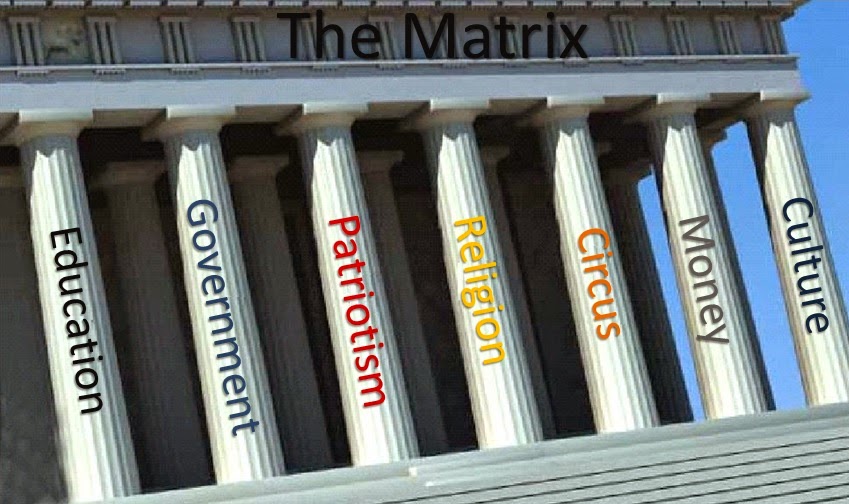 |
| The Money Lenders by Quentin Metsys - 1466 |
"I'm just a banker do doing God's work." Lloyd Blankfein
Much has been said about both the moral hazard of banks being bailed out and people bailing out of mortgages. The major question raised was, would this ‘bailout’ contagion infect the integrity of our economic and political system? But far more interesting and much less discussed are the mechanics of modern banking and their moral implications.
During the housing boom trillions were loaned out in mortgages creating a housing bubble and the eventual collapse of the financial markets. But where did all that money come from? The vast majority of people think that banks borrow money from the Fed or depositors at one rate, lend it at another and make a spread. This concept is completely false. Banks create money, loan it out, make their margin through compound interest, and destroy the same money that they created as it is paid back.
The Mechanics of Fractional Reserve Banking
The mechanics of modern banking are opaque, misunderstood and arguably dishonest. Modern fiat money, the dollar, euro, yen etc are all based on debt. For every dollar in existence, there is somewhere an IOU for the same amount. This is best illustrated with an example of a typical mortgage.
Imagine Jack wants to by Jill’s house for $100,000 and he has no money to buy it so he goes to his local bank and asks for a mortgage which is approved. The bank will ask Jack for a promissory note, an IOU, for the $100,000 and once he signs it, they open an account in which they create from nothing $100,000 for Jack in exchange for his IOU. That $100,000 is a liability for the bank, their asset is the IOU. The bank just ‘created’ $100,000 which is backed by the good faith of Jack to pay it back as well as the deed to the house he bought. Now the bank loans that money to Jack, with compound interest. The interest is the fee the bank charges for monetizing the debt. Jill would not have wanted an IOU from Jack for the 100K, so the bank did him the service of converting his IOU into dollars, and for this service they charge him interest. As Jack pays down his mortgage principal, the value of the IOU will be drawn down as well, until all the money ‘created’ is destroyed, and the IOU is worthless.



